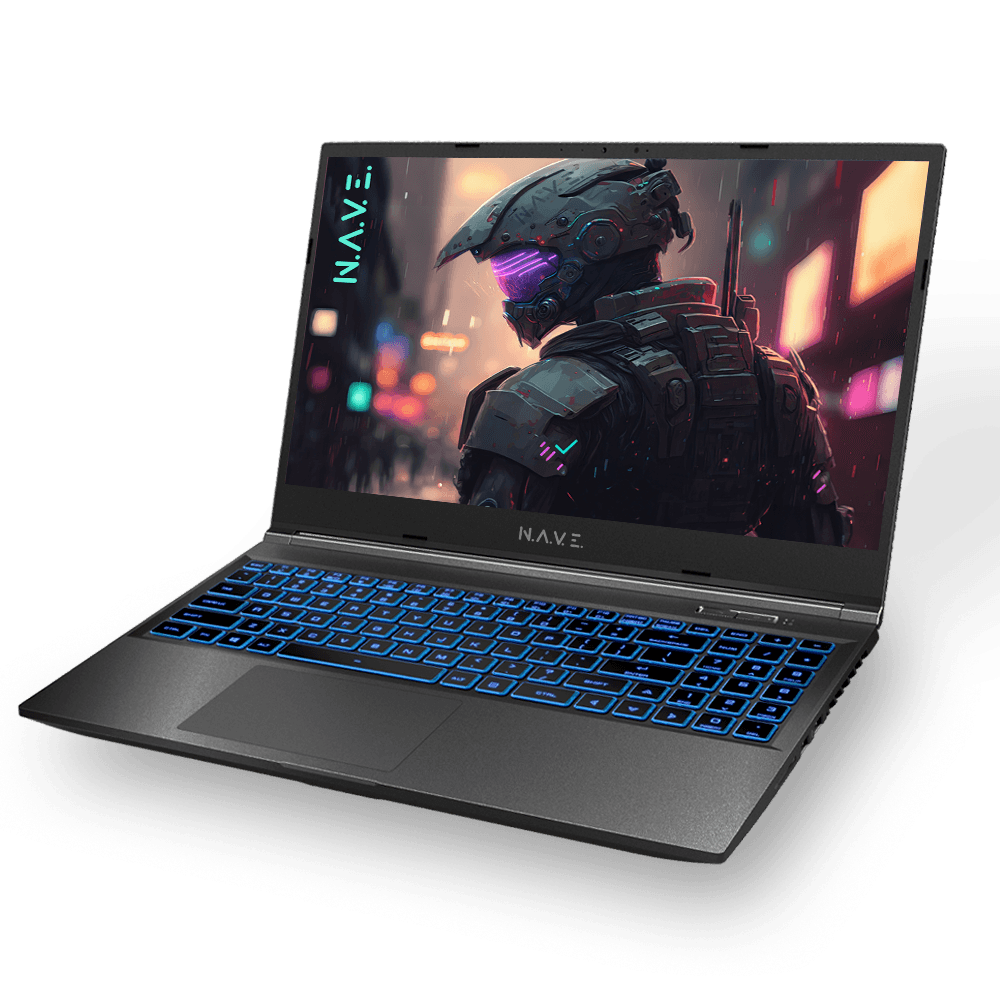
How to choose a laptop for a student: expert advice
The choice of a laptop for a student is an important task that requires attention to details and knowledge of the main characteristics. The right choice will provide comfortable training and entertainment for your child. In this article we will tell you what to pay attention to when buying a laptop for a student.
The main selection criteria
performance
processor
The processor plays a key role in laptop performance. For school tasks, it is optimal to choose a laptop with an Intel Core i3 or AMD Ryzen 3 processor. These processors provide sufficient power to perform training tasks, work with documents and viewing multimedia.
RAM (RAM)
For comfortable operation of the laptop, at least 8GB of RAM is recommended. This will make it possible to use several applications without delay and freezes.
data storage
SSD or HDD?
Modern laptops are equipped with two types of drives: SSD (solid -state drive) and HDD (hard drive). SSD provides faster loading of the system and applications, which is especially important for the student, so it is better to give preference to this particular type of drive.
The amount of memory
The minimum recommended SSD volume is 256GB. This will allow you to store all the necessary training materials, programs and files without worrying about the lack of a place.
display
screen size
The optimal screen size for the school laptop is 13-15 inches. This size provides a balance between portable and comfort during operation.
screen resolution
For a high -quality display of text and graphics, choose screens with a resolution of at least Full HD (1920x1080). This will ensure the clarity of the image and comfort with prolonged use.
Battery
Opening hours
Schoolchildren often have to use a laptop throughout the entire school day. Therefore, it is important to choose a model with a long battery life. The optimal choice will be laptops that provide at least 8 hours of work without recharging.
ports and connection
USB ports
for connecting peripheral devices, such as flash drives, mice and keyboard, it is important to have a sufficient number of USB ports. It is recommended to choose laptops with at least two USB ports.
Wireless connections
Wi-Fi and Bluetooth are mandatory parameters for a modern laptop. Make sure that the selected model supports current wireless standards.
Operating system
Windows or MacOS?
The choice of the operating system depends on preferences and budget. Windows-laptops are more affordable in price and offer a wide selection of software for study. MacOS, as a rule, is more expensive, but is characterized by high stability and high -quality Apple ecosystem.
Recommendations for choosing models
The best laptops for schoolchildren
1. Asus vivobook 15
- Processor: Intel Core i3
- RAM: 8GB RAM
- Drummer: 256GB SSD
- Screen: 15.6 inches, Full HD
- Battery: until 10 hours
2. HP Pavilion 14
- Processor: AMD Ryzen 3
- RAM: 8GB RAM
- drive: 256GB SSD
- Screen: 14 inches, Full HD
- Battery: until 9 hours
3. Acer Aspire 5
- Processor: Intel Core i5
- RAM: 8GB RAM
- drive: 512GB SSD
- Screen: 15.6 inches, Full HD
- Battery: until 8 hours
conclusion
When choosing a laptop for a student, it is important to consider the performance, memory volume, display quality and battery life. Following our recommendations, you can find the optimal laptop , which will be a reliable assistant in your child’s learning and entertainment.
Do not forget to pay attention to user reviews and ratings in order to make sure the selected model. We hope that this article will help you make the right choice and purchase a laptop that will become a reliable assistant to your student.
Share this article with your friends and leave a comment about your experience of choosing a laptop for a student!






